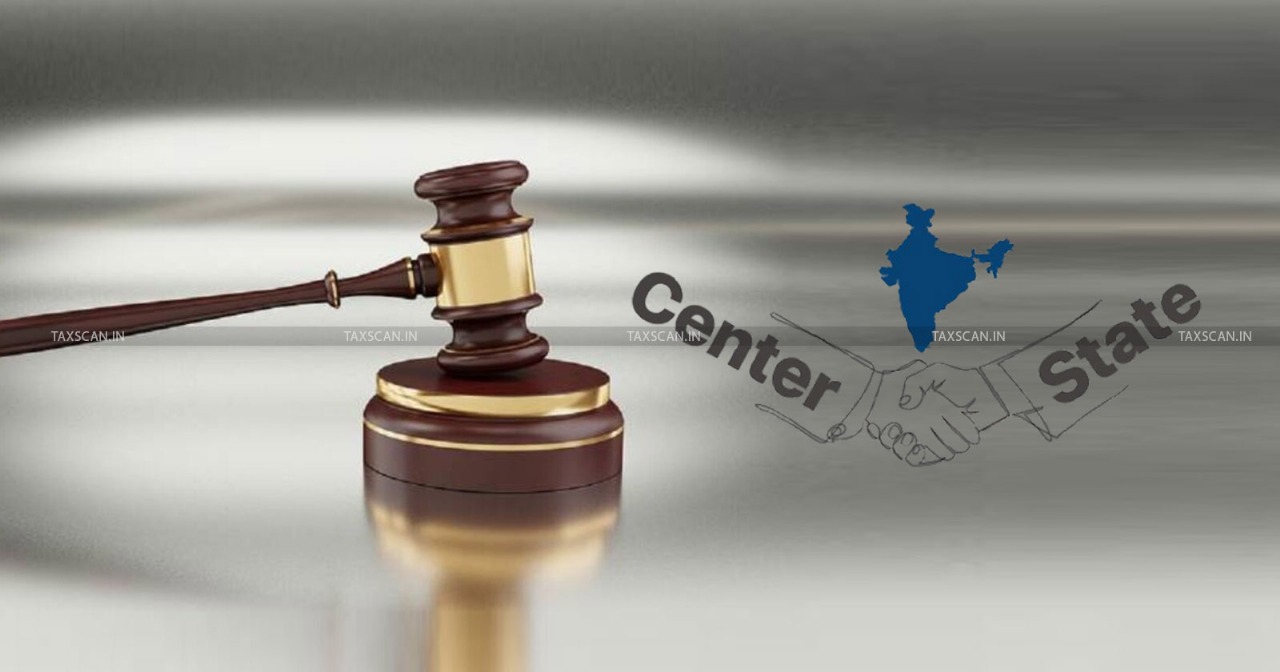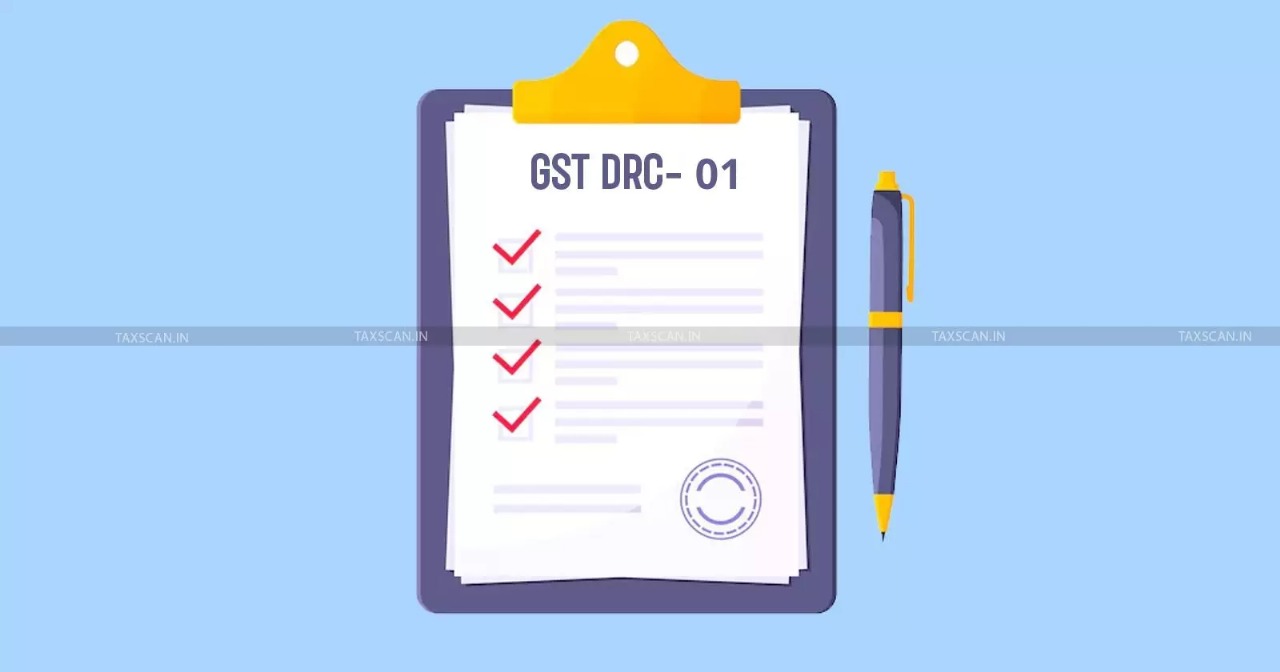Win for Ford India: Supreme Court Allows Transitional Credit Even If Not Reflected in Electronic Credit Ledger on Refund Date [Read Judgement]
The Supreme Court upholds Ford India's right to GST refunds using transitional credit, even if not reflected in the electronic ledger on the refund date
![Win for Ford India: Supreme Court Allows Transitional Credit Even If Not Reflected in Electronic Credit Ledger on Refund Date [Read Judgement] Win for Ford India: Supreme Court Allows Transitional Credit Even If Not Reflected in Electronic Credit Ledger on Refund Date [Read Judgement]](https://images.taxscan.in/h-upload/2025/07/10/2062307-ford-india-transitional-credit-electronic-credit-ledger-taxscan.webp)
In a recent ruling, the Supreme Court upheld Ford India’s right to claim GST refunds using transitional credit, even if the credit was not reflected in the electronic credit ledger on the refund date.
The court dismissed the Special Leave Petition filed by the Union of India challenging the Gujarat High Court’s order, which had allowed Ford India’s refund claims for the period immediately after the GST rollout.
 Also Read:GST Payer alleges Overlap of Jurisdiction by Central and State Authority: Madras HC says No Case Made Out, Grants Partial Relief [Read Order]
Also Read:GST Payer alleges Overlap of Jurisdiction by Central and State Authority: Madras HC says No Case Made Out, Grants Partial Relief [Read Order]
Ford India had filed a writ petition in the Gujarat High Court after the GST department reversed refunds previously sanctioned on the grounds that the transitional CENVAT credit, although declared in TRAN-1, was not visible in the electronic credit ledger when the refund applications were filed.
The dispute centered on whether such transitional credit, once filed and accepted, should be treated as available from July 1, 2017, for refund claims under Section 54 of the CGST Act.
The GST department’s counsel claimed that refunds could not be granted unless unutilised input tax credit was reflected in the ledger at the relevant time, arguing that the timing of ledger reflection determined eligibility for refund. They relied on procedural guidelines that linked refund eligibility to the ledger balance on the refund date.
 Also Read:No Consideration Given to Reply to GST DRC-01: Madras HC Remands Case without Pre-deposit Mandate, Directs to Defreeze Bank Account [Read Order]
Also Read:No Consideration Given to Reply to GST DRC-01: Madras HC Remands Case without Pre-deposit Mandate, Directs to Defreeze Bank Account [Read Order]
The company's counsel countered that the transitional credit, once filed and accepted, should relate back to the GST transition date, arguing that the department’s refusal was hypertechnical and against the seamless credit flow intended under the GST framework.
The counsel relied on prior Gujarat High Court judgments, including Intas Pharmaceuticals and Torrent Pharmaceuticals, which had clarified that transitional credit should be treated as available from the date of GST implementation for refund purposes.
A bench comprising Justice Rajesh Bindal and Justice R. Mahadevan observed that the judgments relied upon by the High Court had already been upheld by the Supreme Court in January 2025, and the department’s attempt to challenge the same issue again lacked merit.
The court ruled that Ford India was entitled to claim GST refunds using transitional credit declared in TRAN-1, even if it was reflected in the electronic credit ledger later. The Supreme Court imposed a cost of ₹10,000 on the Union of India while dismissing its Special Leave Petition in this case.
This cost was ordered to be deposited with the Supreme Court Advocates-on-Record Association within four weeks from the date of the order.
Support our journalism by subscribing to Taxscan premium. Follow us on Telegram for quick updates


